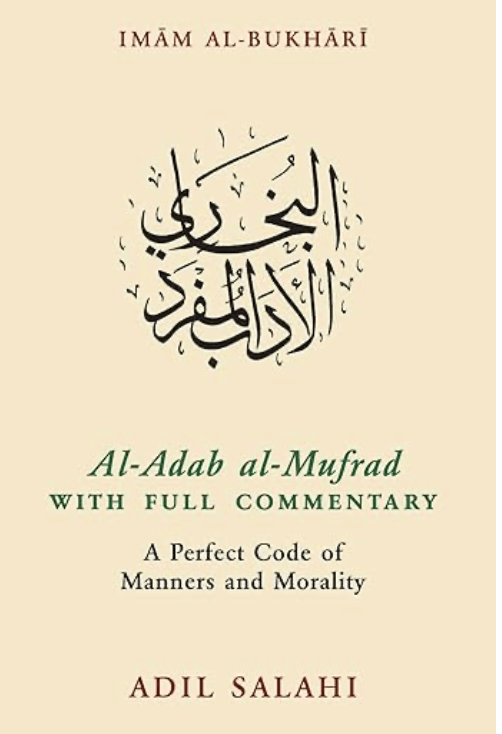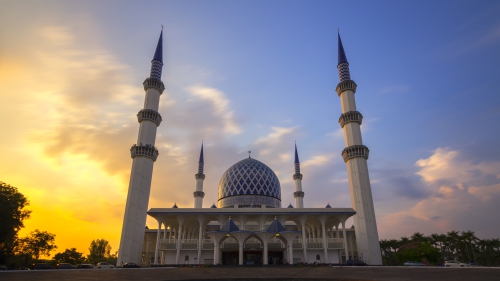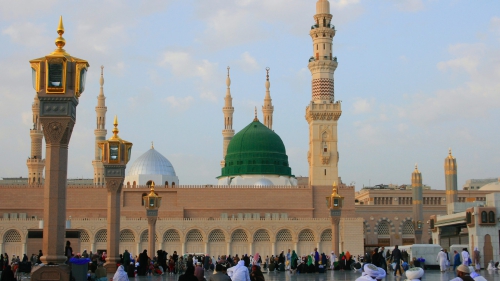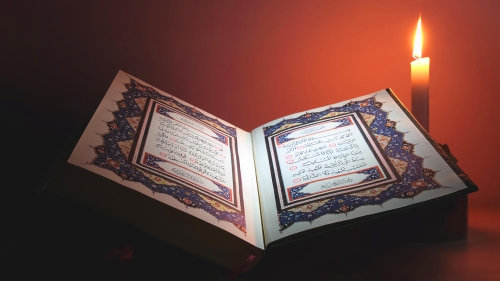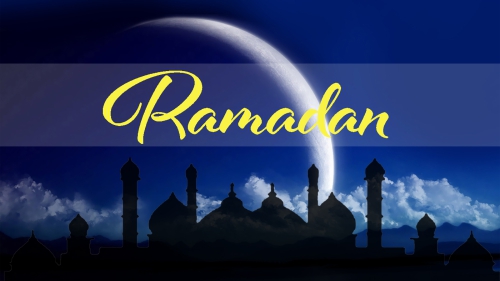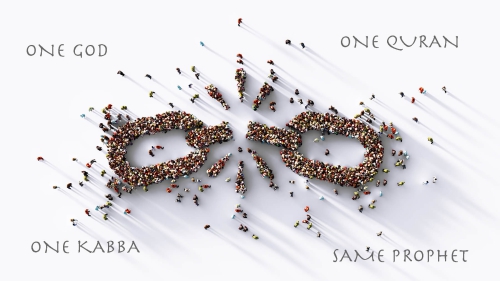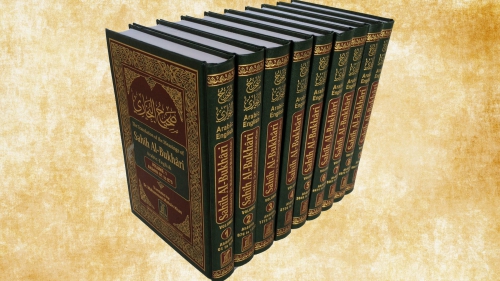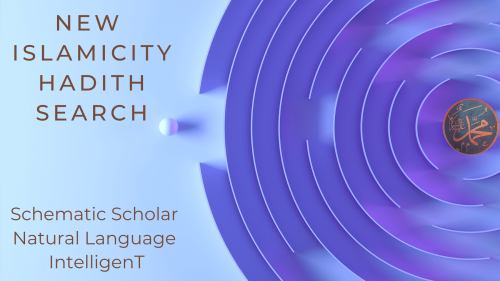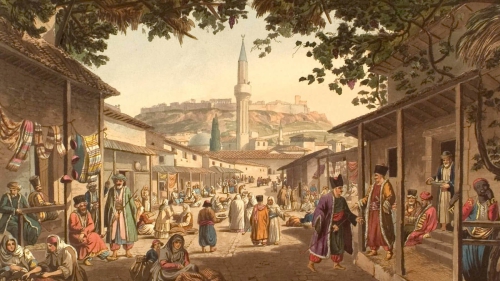What Makes a Person Noble?
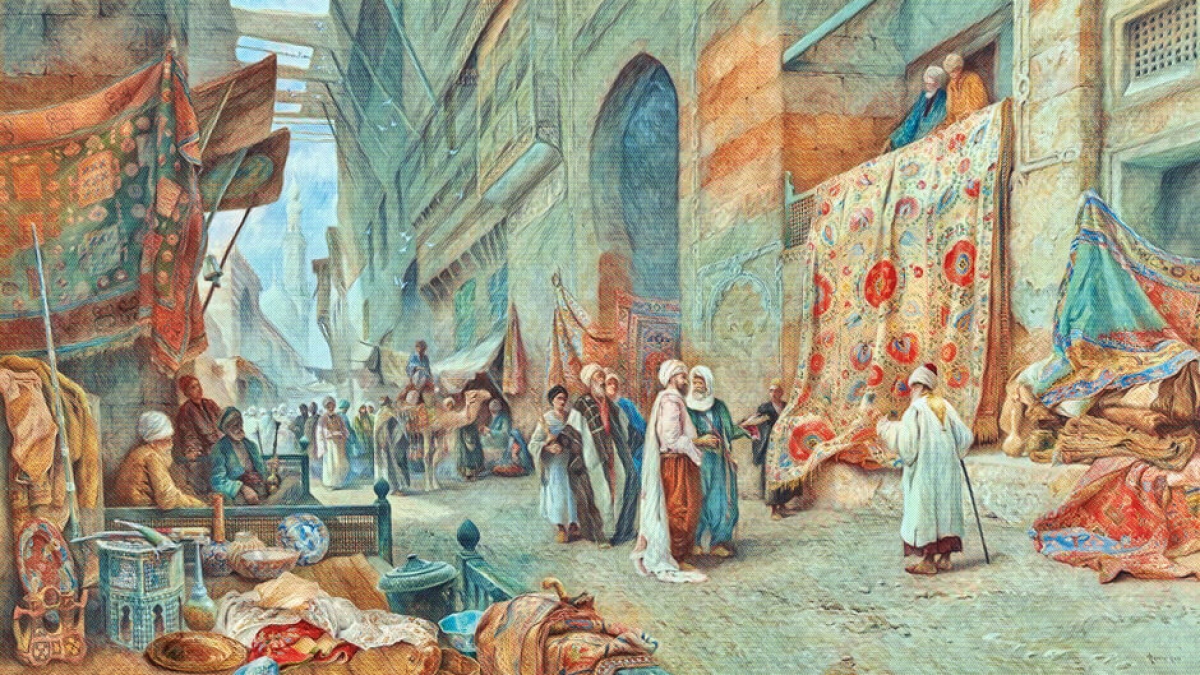
In all societies, there's a common recognition of nobility. People who stand out and hold special positions, not necessarily official ones. This recognition comes from personal qualities like courage, generosity, kindness, wisdom, and sometimes from a family's achievements. The noble class, when coupled with wealth, is considered highly esteemed. While social orders may vary, the concept of distinction is universal.
In ancient Arabian tribal society, distinctions were crucial. Everyone sought honor within their tribe, and tribes competed for higher status. However, rigid constraints often hindered those from less prestigious tribes despite possessing admirable qualities. Islam introduced the idea of equality, challenging the Arab mindset. The Prophet emphasized that true distinction lies in faith and adherence to Islamic duties.
Abu Hurayrah reports that God’s Messenger was asked: ‘Who are the most noble of people?’ He said: ‘The most noble in God’s view are the most God-fearing among them’. They said: ‘We are not asking you about that.’ He then replied: ‘The noblest among them, then, was Joseph, a prophet and son of a prophet who was the grandson of God’s friend.’ They again said: ‘It is not that either that we are asking you about.’ He enquired of them: ‘Are you then asking me about the metals of the Arabs?’ They said: ‘Yes’. He said: ‘The best of you in the days of ignorance are the best in Islam, provided that they acquire a deep insight into it.’ Sahih al-Bukhari
This hadith highlights the principle: the most noble are the most God-conscious. Lineage or inherited status doesn't grant higher standing; rather, strong faith, knowledge of Islam, good actions, and a willingness to go beyond duty bring honor. The Prophet's questioners, aware of Islamic principles, sought information on noble lineage combined with personal qualities. Joseph, a prophet with a noble lineage, embodied these qualities.
The Prophet's metaphorical question about the "metals of the Arabs" likens tribes to metals, emphasizing differences in value, strength, and purity. He recognizes that people, influenced by their environment and faith, differ in character, wisdom, and position. Even in pre-Islamic Arabian society, there were good people who adhered to certain values.
The Prophet's insight into human nature reveals that individuals achieving distinction through character, wisdom, and adherence to values can become the most noble among Muslims when they embrace Islam at a deep level. This entails comprehensive knowledge, practical application of teachings, wisdom in decision-making, continuous learning, respect for diversity, and leadership in promoting goodness. Excellence lies in a holistic and enlightened approach to faith.
Adapted from Al-Adab Al-Mufrad with Full Commentary by Adil Salahi, A Perfect Code of Manners and Morality







